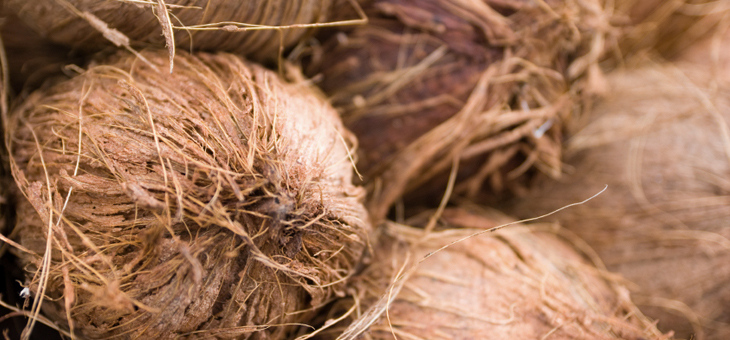I wrote the first UK piece about it in the Daily Mail in January 2013 that had some amazing accounts of the benefits reported in America and why it made sense scientifically. Most dramatic though was the case of Vrajal Parmar in the UK, diagnosed with advanced Alzheimer’s , who was being looked after by his wife and his son Kal.
Vrajal had been given the standard pencil and paper test called the Mini Mental State Examination by his doctor. This test is used to measure how a patient’s Alzheimer’s is progressing. A healthy person would score 30, Vrajal’s results stated that he was “too severely affected to score anything at all”. Kal, his son, supports this result, “He [Vrajal] was so far gone he couldn’t do anything for himself. Dad couldn’t wash himself or dress or go to the toilet without help, he had to be watched all the time.”
After hearing about the benefits of coconut oil via a You Tube video, Kal initiated a teaspoon dose of coconut oil, three times a day mixed in with his father’s food. This is when he saw a real change in his father’s behavior which went from him being unable to do anything with frequent aggressive turns, to being able to hold simple conversations and less aggressive outbursts.
It could be suggested that the improvement came from medication, however, Kal states “Dad has never had any drugs” and comments that “when he [Vrajal] was first diagnosed three years ago the doctors said that his condition was already too advanced for him to benefit [from drugs].”
The YouTube video that introduced Kal to coconut oil was made by Dr Mary Newport, a pediatrician in Florida who began using coconut oil to treat her husband with Alzheimer’s four years ago. He’d been diagnosed with early onset of Alzheimer’s but had seen no benefit from the drugs. With the oil, says Dr Newport, there were positive changes: “he began to get his short-term memory back”.
Support for the idea that there is a very plausible scientific explanation for the benefit of coconut oil, in the treatment of Alzheimer’s, comes from Kieran Clarke, Professor of Physiological Biochemistry at Oxford and head of the Cardiac MetabolismMetabolism is a term that is used to describe the chemical reactions that take place within the body’s cells. The body gets the energy it… Research Group. Professor Clarke is an expert on the way the body makes and uses energy and her research explains that coconut oil might help with Alzheimer’s by boosting the brain’s energy supply.
Most of the time our brains rely on glucose from carbohydrates but if that is not available – because we haven’t eaten anything for a while or because we are eating almost no carbohydrates – then our brain cells can switch to using the energy from our fatThere are many different types of fats; polyunsaturated, monounsaturated, hydrogenated, saturated and trans fat. The body requires good fats (polyunsaturated and monounsaturated) in order to… stores that comes in the form of small molecules called ketones. By the time we wake up in the morning we will have made a small amount of them due to the natural fasting period whilst we sleep.
“Coconut oil is interesting,” says Professor Clarke “because it contains a particular sort of fat that our bodies can use to make more of the ketone “brain food” without having to cut right back on carbohydrates or go on a fast. It’s known as MCT (medium chain triglycerideTriglycerides are a type of fat found in the blood – the body uses them for energy. However, high levels of triglycerides can raise the…) and it is not found in the fats that most of us eat.”
However, we may question why having extra ketones helps people with Alzheimer’s?
One of the new ideas about the disease is that it is a type of diabetes of the brain. Just as diabetics have problems with glucose and insulinInsulin is a hormone made by the pancreas. It is responsible for making the body’s cells absorb glucose (sugar)...


Comments
Join the Conversation on our Facebook Page